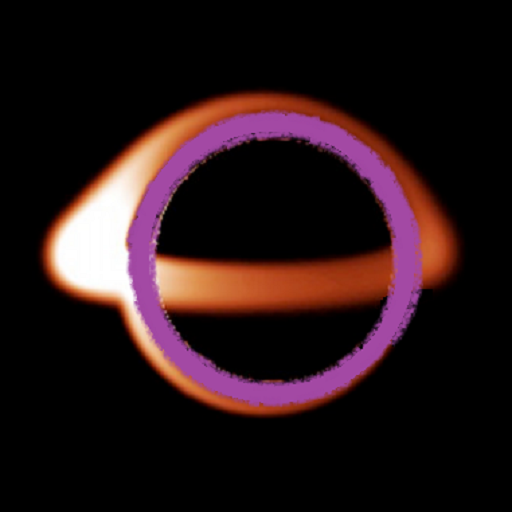New research in neuroscience is helping us understand one of our greatest mysteries: the brain. Understanding the physical brain helps us to understand consciousness. But what is consciousness? Is it a consequence of the thoughts produced by the brain? What constitutes a thought? Who or what is capable of thought? Does thought dictate our very existence?
Thought comes in many forms. It can be measured by waves that the brain outputs. Neural pathways of thought and memory processes can be mapped in 3D with great accuracy. We are in the day and age in which we now have direct scientific evidence of our brain activity. For example, recent research shows that the brain produces so much measurable activity, the lifetime data production of the Hubble Space Telescope is roughly equivalent to 30 seconds of thought by gauging neuronal activity with metal electrodes in the brain (bit.ly/1f0kA86). Within three years, we have neuroprobes with about 2,000 electrodes and more than 200 wires – four times the amount used in the study. All this technology is needed just to measure the shear amount of data a brain produces.
Another recently published article found that the brain is active for 30 seconds after death and even more active than when living (pnas.org/content/early/2013/08/08/1308285110). In study, they analyzed changes in power density, coherence, directed connectivity, and cross-frequency coupling. They measured a transient surge of gamma oscillations. In addition, the gamma brainwaves were phase-coupled to both theta and alpha waves. In essence, high-frequency neurophysiological activity in the near-death state exceeded levels found during the conscious waking state. Thus, the we now have scientific evidence of near death experiences.
Thought is measured in alpha, beta, theta, and gamma brainwaves. Thoughts can be created from within a brain, but can be observed and measured outside of the body, or even when the body dies. So thoughts exist without humans, yet humans create thought. We are the creators of our perception… our reality. But if thought is not attached to a body, might we eventually see scientific techniques to measure afterlives, before-lives, and even more advanced forms of thought?
The bottom line is this: Thought is a form of information, and we generate huge quantities of it. The universe is basically nothing but information. Information cannot be lost. Even the mightiest black holes in our universe must create copies of the information they consume or risk violating laws of physics. Each human life leaves an impression in this sea of information, causing ripples. Thoughts are the creation of the universe around us as the brain processes its many perceptions. Thoughts create a field around the living and activity can peak when dying. Thus, thoughts are information generated by a human brain that are also retained in the universe after death.
According to quantum mechanics, every object we think is a particle also has the properties of a wave. What we are on the verge of discovering is that the same applies to the body. Although perceived by the brain as solid objects, all of the particles that make our body have wave properties. They also exist everywhere in the universe, simultaneously. During the time of observation, a fixed position appears to the observer. This is why the ancients said reality is an illusion. Our thoughts create the world around us that we perceive. They must also generate enough data to make every atom in your body appear exactly where it is right now.
What I wonder about is this, given that thoughts could create the reality surrounding us, and the fact that information cannot be lost in the universe: Could expansion of the perceived universe be a consequence of humans experiencing evolution of thought?
Thanks for reading my blog! You can follow us at facebook.com/GrandSlamTheory.– Change your perception, change your universe!
Photo: Simulation of entering a black hole’s photon sphere (jila.colorado.edu/~ajsh/insidebh/schw.html)



1 Comment on “What is Consciousness?”
Comments are closed.